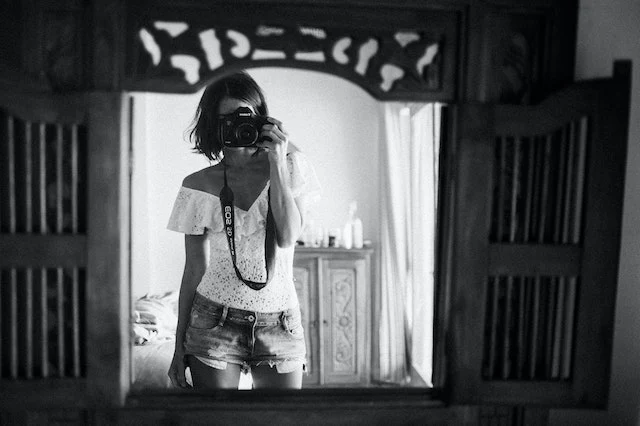Why Do I Feel Unattractive?
Feeling unattractive is a common experience that many people go through. There are days when we don't feel our best selves, and it's natural to question our appearance. Society's obsession with beauty standards, fueled by social media filters and unrealistic expectations, has led many of us to wonder, "Am I ugly?" or "Why do I feel so ugly?" This toxic culture has caused a cycle of negative self-image and self-doubt, affecting our self-confidence and mental well-being.
It's important to recognize that feeling unattractive doesn't mean it's true. Comparing ourselves to societal norms and trying to fit in can be harmful to our mental health. Our appearance is just one aspect of who we are, and it doesn't define our worth or beauty.
Reasons You Feel Unattractive
Several factors can contribute to feeling unattractive. Here are some common reasons:
1. Body Dysmorphic Disorder (BDD)
Body dysmorphic disorder is a condition where individuals obsess over perceived flaws in their appearance. They may become fixated on hiding these "ugly" parts and experience stress and anxiety due to these thoughts.
2. Symptoms of Depression
Depression can lead to low self-esteem and feelings of worthlessness, causing negative thoughts about one's self-image and attractiveness.
3. Eating Disorders
Living with an eating disorder can distort self-perception, making individuals believe they are unattractive, even if others disagree.
4. Gender Dysphoria (GD)
Gender dysphoria can cause feelings of unattractiveness when individuals feel pressured to conform to societal expectations that don't align with their gender identity.
If you're experiencing any of these reasons, seeking support from a mental health professional can be beneficial in understanding and coping with these feelings.
How to Cope When You Feel Unattractive?
1. Practice Self-Compassion
Be kind to yourself and treat yourself as you would treat a loved one. Avoid negative self-talk and practice self-compassion to build a healthier self-image.
2. Embrace Self-Love
Shower yourself with love and care. Engage in activities that bring joy and relaxation, and prioritize self-care to boost self-esteem.
3. Appreciate Your Body
Focus on the positive aspects of your body and practice gratitude for what it can do. Embrace your uniqueness and accept your body as it is.
4. Boost Your Self-Confidence
Make small changes to boost your confidence, such as trying a new style or haircut. These subtle changes can have a positive impact on how you feel about yourself.
5. Live an Active Lifestyle
Adopt a healthy and active lifestyle. Regular exercise and nutritious eating can improve your overall well-being and contribute to a positive self-image.
6. Accept Who You Are
Embrace your flaws and quirks; they make you unique. Acceptance of yourself can lead to increased self-confidence.
7. Seek Professional Support
If feelings of unattractiveness persist and affect your daily life, consider talking to a therapist. Professional support can help you understand and cope with underlying issues.
Conclusion
Feeling unattractive is a common struggle, influenced by societal pressures and personal challenges. Remember that beauty is diverse, and no one should be defined solely by their appearance. Embrace self-love, practice self-compassion, and seek professional help if needed to develop a healthier self-image and overall well-being. You are unique, and you deserve love and acceptance just as you are.


Post a Comment